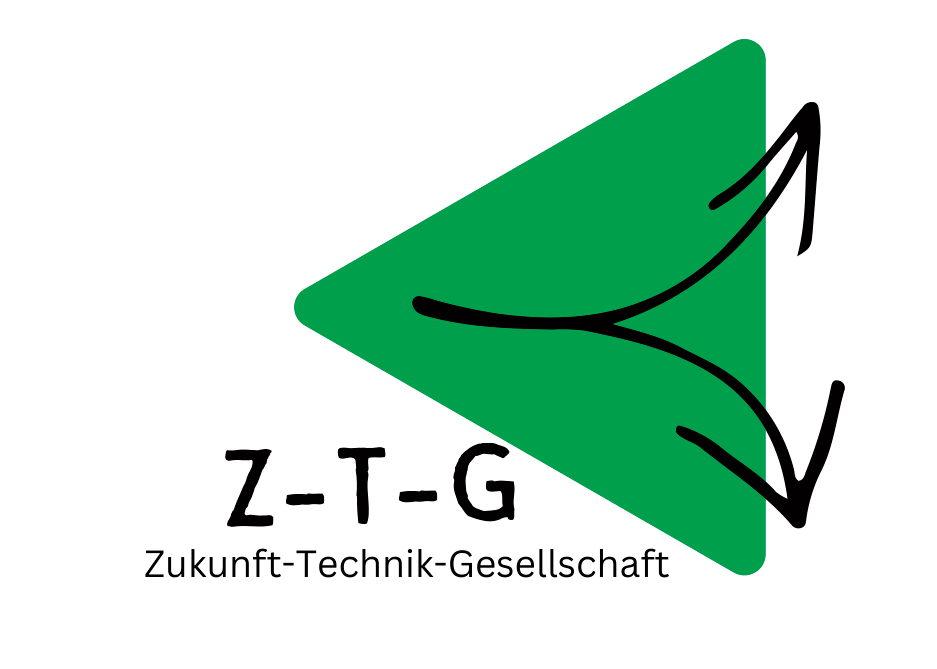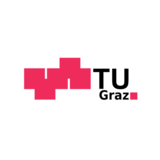Delphi procedures
Delphi studies use iterative procedures to create a consensus among experts. The assessments of a group of experts on a particular situation are collected via questionnaire and then reported back to the group anonymously. This is followed by a phase in which each expert compares the own initial estimates with those of the other participants and reflects on their reasonings. The assessments are then collected again via questionnaire. This procedure is repeated between two and five times, depending on the study interest and resources. At the end, there is either a consensus, i.e. the estimates are comparatively close to each other; or clusters of estimates emerge, which can then be compared in the further analysis as describing alternative futures.
Further considerations can be found here:
- Niederberger, Marlen, and Ortwin Renn, eds. 2019. Delphi-Verfahren in den Sozial- und Gesundheitswissenschaften: Konzept, Varianten und Anwendungsbeispiele. Wiesbaden: Springer.
- Niederberger, Marlen, and Ortwin Renn. 2018. Das Gruppendelphi-Verfahren: vom Konzept bis zur Anwendung. Wiesbaden: Springer VS.
- Dayé, Christian. 2018. „How to Train Your Oracle: The Delphi Method and Its Turbulent Youth in Operations Research and the Policy Sciences“. Social Studies of Science 48 (6): 846–68. doi: 10.1177/0306312718798497.
A Delphi procedure is used in project Z-T-G 002 Hydrogen to create a synthesis of the various narrative scenarios provided by the stakeholders.


